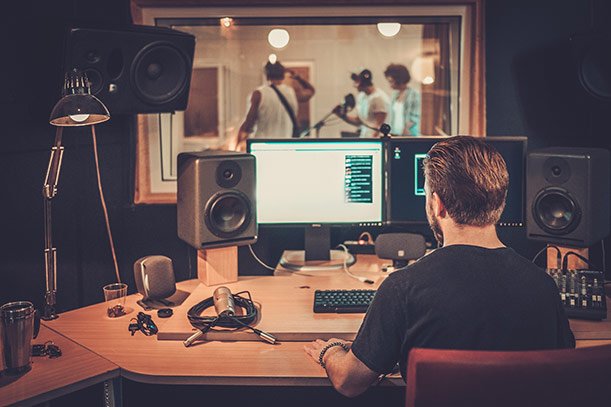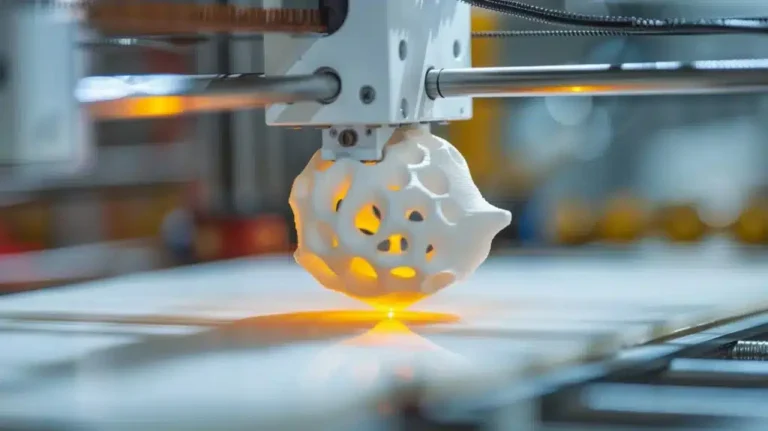How Technology Is Changing the Music Industry

The music industry is undergoing significant transformation due to technological advancements. Digital streaming platforms have reshaped consumption patterns, offering extensive music libraries at users’ fingertips. Social media facilitates direct artist-fan interactions, enhancing promotional strategies. Meanwhile, innovative production tools enable independent artists to create diverse sounds. As virtual concerts rise, the definition of live music is evolving. This convergence of technology and artistry raises critical questions about the future landscape of music. What implications does this hold for both creators and audiences?
The Rise of Digital Streaming Platforms
As digital technology continues to evolve, the music industry has witnessed a profound transformation with the rise of streaming platforms.
These platforms have reshaped consumption habits, shifting from physical ownership to digital ownership models. Subscription models dominate, granting users access to extensive libraries for a fee.
This evolution empowers listeners while challenging artists’ revenue structures, necessitating new strategies for financial sustainability in the digital landscape.
See also: How Blockchain Technology Is Used Beyond Cryptocurrency
Social Media’s Impact on Artist Promotion
While traditional marketing strategies relied heavily on radio play and physical promotions, social media has fundamentally altered how artists connect with their audiences.
Platforms like Instagram and TikTok amplify fan engagement, enabling artists to cultivate dedicated followings. Additionally, influencer collaborations enhance visibility, allowing creators to tap into new demographics.
This shift empowers musicians to promote their work authentically, fostering a direct relationship with fans.
The Role of Technology in Music Creation
Technology revolutionizes music creation, enabling artists to explore innovative sounds and streamline their production processes.
Software innovations, such as digital audio workstations and virtual instruments, facilitate complex music production tasks that were once time-consuming.
This shift democratizes creativity, allowing independent musicians access to professional-grade tools.
Consequently, the music landscape evolves, fostering diverse styles and enhancing artistic freedom in the industry.
The Future of Live Music and Virtual Experiences
With the rapid integration of digital platforms and immersive technologies, the future of live music is poised for transformation.
Virtual concerts are set to redefine audience engagement, providing access to immersive experiences that transcend geographical limitations.
Data indicates that participation in these events is rising, suggesting a shift towards a hybrid model where traditional performances coexist with innovative digital formats, ultimately enhancing freedom and accessibility for all.
Conclusion
In this evolving landscape, the convergence of technology and music feels like a symphony of chance encounters—where a budding artist, armed with a smartphone, reaches a global audience through a viral social media post. Meanwhile, listeners find themselves at intimate virtual concerts, experiencing the thrill of live music from their living rooms. As digital platforms and innovative tools continue to intertwine, the music industry transforms into an intricate tapestry, woven from the threads of creativity, accessibility, and connection.


